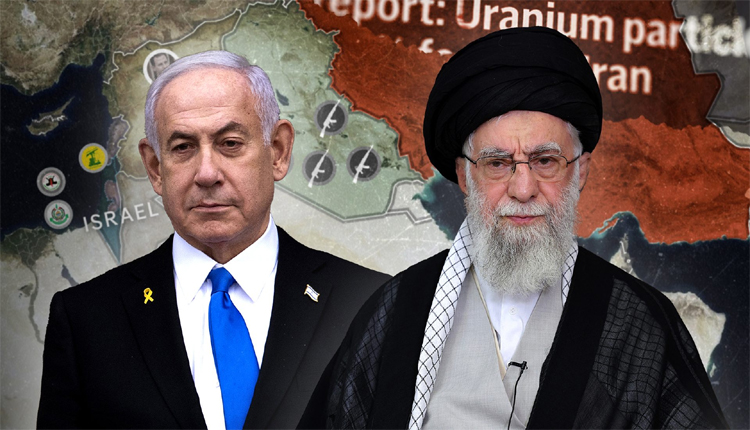New Delhi: As the Arab-Islamic Summit, comprising 57 member states of the Organisation of Islamic Cooperation (OIC), convenes in Qatar’s capital on Monday, the spotlight is on Israel’s audacious airstrike on September 9 targeting Hamas leaders in Doha.
Despite the looming emergency meeting, Israel appears unshaken, bolstered by strategic agreements with several Muslim nations that have historically limited OIC resolutions to mere condemnations.
Israel’s confidence stems from a web of economic and security ties. Azerbaijan, supplying 60% of Israel’s oil, solidified its role as a key ally through a 2023 gas exploration deal, ensuring energy stability during crises like the Hamas-Israel conflict.
The Abraham Accords of 2020, with the UAE leading as the first Arab nation to recognise Israel, followed by Bahrain, Morocco, and Sudan, have spurred booming trade, including 10% of Israel’s petroleum imports from the UAE. These ties, however, face strain over Israel’s West Bank policies.
Egypt’s natural gas deal, via the Leviathan and Tamar fields, channels billions in revenue to Israel while positioning both nations as energy hubs. Saudi Arabia, grappling with Houthi rebels backed by Iran, indirectly benefits from Israel’s military actions in Yemen, which curb Tehran’s regional influence — a dynamic Riyadh quietly values despite public criticism.
Turkey, despite halting direct trade in 2024 over Gaza, maintains covert commerce worth $1.2 billion through third countries like Georgia, underpinned by longstanding NATO defence ties.
Pakistan, caught between public support for Palestine and US pressure to recognise Israel, treads cautiously. American aid and IMF loans create leverage, but domestic backlash fears keep Islamabad non-committal. These complex relationships reveal why OIC meetings, including three in the past year, have failed to move beyond rhetoric. As Doha hosts this summit, the question lingers: can the Muslim bloc forge a unified front, or will Israel’s strategic alliances continue to hold sway?



Comments are closed.